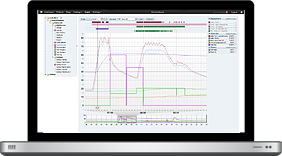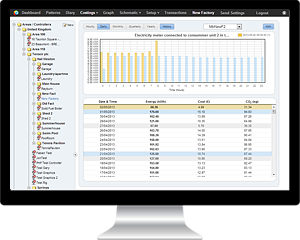Buildings should also adapt to climate change says new report by Innovate UK
Buildings, as well as people, should adapt to climate change and improve their resilience, a new report published during the Resilience14 event by Innovate UK as a conclusion to their ‘Design for Future Climate’ project was able to reveal.
The three-year ‘Design for Future Climate’ project saw 50 projects given a total of £5m to increase climate resilience in their buildings.
The report includes examples across a range of projects, including housing, schools, museums, libraries, hospitals, offices, and swimming pools; most being adaptations in new build designs, with some substantial refurbishments of existing buildings.
Mark Wray, Lead Technologist for Low Impact Building at Innovate UK said:
“As there are no tax or legislative drivers to push resilience adaptation into the mainstream, there is an overwhelming need for designers, investors, contractors and developers to be made aware of the market drivers there are for resilience. This report aims to push the consideration of resilience related adaptation from niche research into an accepted / conventional business consideration.”
Efficient and effective Building Energy Management Systems are capable of delivering extensive monitoring and control options, compared to basic controls. They typically employ data from a variety of sources (boiler flow and return sensors, internal and external temperature sensors, occupancy sensors, humidity sensors, etc.), and enable the perfect optimization of a building’s boiler-based central heating system.
The end result is that users still get a very good level of comfort, while in the same time saving energy and money in the process.
If you’d like to find out more about the savings enabled by the HeatingSave Building Energy Management System, just contact our dedicated product team, they’ll be more than happy to answer all of your questions and queries.






